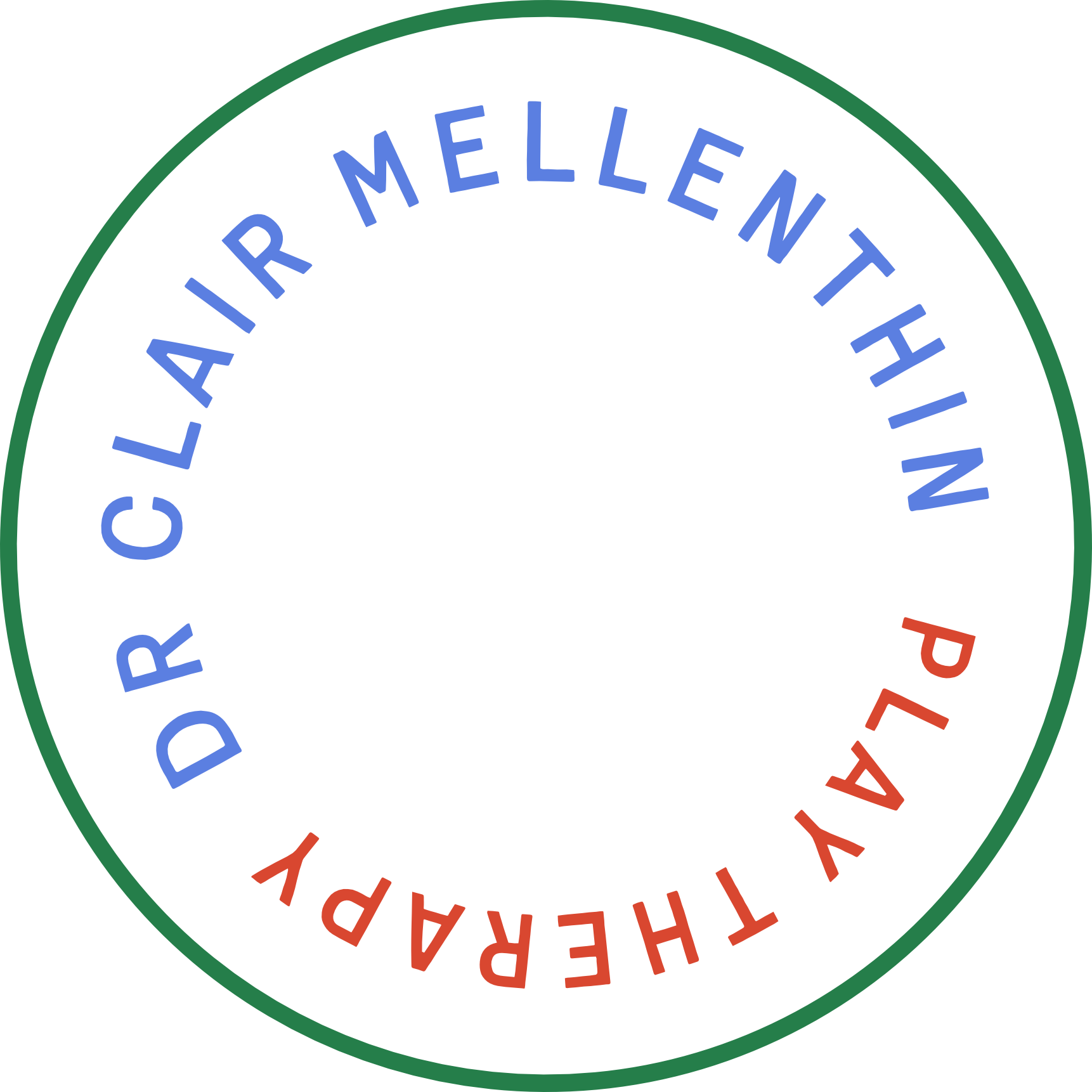What is Play Therapy and Why Does it Work?
Play therapy is a structured, theoretically based approach to therapy that builds on the normal communicative and learning processes of children. The curative powers inherent in play are used in many ways.
Therapists strategically utilize play therapy to help children express what is troubling them when they do not have the verbal language to express their thoughts and feelings. In play therapy, toys are like the child’s words and play is the child’s language.
Let's Talk Play Therapy
When Words Fall Short, Play Speaks
Play therapy isn’t just child’s play—it’s a powerful, evidence-based approach to help children heal from trauma, build emotional resilience, and strengthen family bonds. Through games, toys, art, and imagination, therapists create a safe space for kids to explore big feelings in little bodies.
Play Is the Language. Healing Is the Goal.
Research, both qualitative and quantitative, shows that it is highly effective in many cases. Recent research by PTUK, an organization affiliated to Play Therapy International, suggests that 71% of the children referred to play therapy will show a positive change.
Play therapy is an established discipline based on a number of psychological theories.
come play, learn, heal & Hope. come play, learn, heal & Hope. come play, learn, heal & Hope. come play, learn, heal & Hope. come play, learn, heal & Hope. come play, learn, heal & Hope. come play, learn, heal & Hope. come play, learn, heal & Hope. come play, learn, heal & Hope. come play, learn, heal & Hope. come play, learn, heal & Hope. come play, learn, heal & Hope. come play, learn, heal & Hope. come play, learn, heal & Hope. come play, learn, heal & Hope. come play, learn, heal & Hope. come play, learn, heal & Hope. come play, learn, heal & Hope. come play, learn, heal & Hope. come play, learn, heal & Hope. come play, learn, heal & Hope. come play, learn, heal & Hope. come play, learn, heal & Hope. come play, learn, heal & Hope. come play, learn, heal & Hope.
Play Therapy Can:
Help children learn more adaptive behaviors.
Provides a corrective emotional experience necessary for healing.
Promote cognitive development.
Provide insight about and resolution of inner conflicts or dysfunctional thinking in the child.
Heal from trauma, loss, and/or grief experiences.
Help children learn more adaptive behaviors.
Children are referred for play therapy to resolve their problems which can include behavioral problems such as acting out at school or in the home, emotional difficulties such as depression, anxiety, or OCD, or poor social skills.
Children also are referred to come in to work through family issues such as divorce, death, loss and abandonment issues.
Who Comes to Play Therapy?
Support for Children—and Their Grown-Ups
Play is more than fun—it’s the natural language of children. It’s how they make sense of their world. Play Therapy uses developmentally appropriate techniques to foster self-expression, confidence, emotional regulation, and healing.
Through play, children relieve stress, explore safely, and practice the skills they need to grow. It boosts creativity, strengthens relationships, and builds resilience.
The Healing Power of Play
Why Play? Why Therapy? Why It Works.
Backed by research and grounded in neuroscience, Play Therapy creates space for transformation—helping kids not just survive, but thrive.
Play taps into the unconscious and allows children to process deep feelings at a safe psychological distance—without needing to “talk it out” the way adults might. Children are offered “Special Time,” where they are seen, heard, and supported without judgment. Through these consistent and focused interactions, children begin to understand and express their emotions more clearly, develop coping skills, and build a stronger, more hopeful view of themselves and their world.
How Does Play Therapy Work?
Creating a Safe Space for Emotional Growth
Regular play is spontaneous and recreational, play therapy is intentionally structured by a trained therapist to promote healing. Children engage in play, but with therapeutic support that helps them work through challenges, develop self-awareness, and practice new ways of relating to others.
Play becomes a mirror for the child’s inner world—offering clarity, empowerment, and transformation that typical play alone cannot provide.
How Does Play Therapy Differ From Regular Play?
Guided Play That Supports Real Change
Therapists creates a warm, safe, confidential environment where children are free to explore. Through play, therapists guide children toward emotional awareness and resolution.
A Play Therapist's Role
Being a therapist means becoming a lilypad—a place of safety where healing can rest and begin again.
—Dr. Clair Mellenthin
online courses
live workshops
supervision
Clair helps clinicians deepen their skills, build confidence, and reconnect with the heart of their work.
Whether you're beginning your journey or looking to expand your impact, Clair provides a safe, encouraging space—a lilypad—where you can grow and prepare to take your next leap as a healer in your community.
for therapists
parenting support
live workshops
family or group therapy
For families navigating big emotions, challenging behaviors, or disconnection, Clair Mellenthin offers hope, guidance, and healing.
With over two decades of experience supporting children and parents, Clair helps families understand the needs beneath the surface and build tools rooted in attachment, play, and connection.
for families
play therapy
group therapy
Through play therapy, Clair helps children express what words can’t always say—using toys, stories, and creativity to explore big emotions and build trust.
for kids
Clair creates a safe place for kids to land, feel seen, and gather the courage to leap forward with confidence.
family therapy
Learn. Grow.
Discover four powerful ways to connect with Clair Mellenthin.
